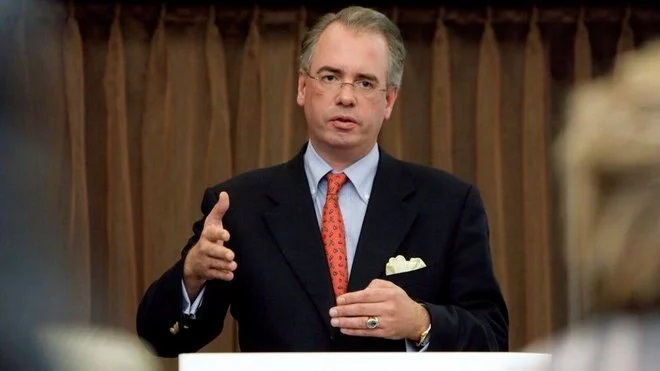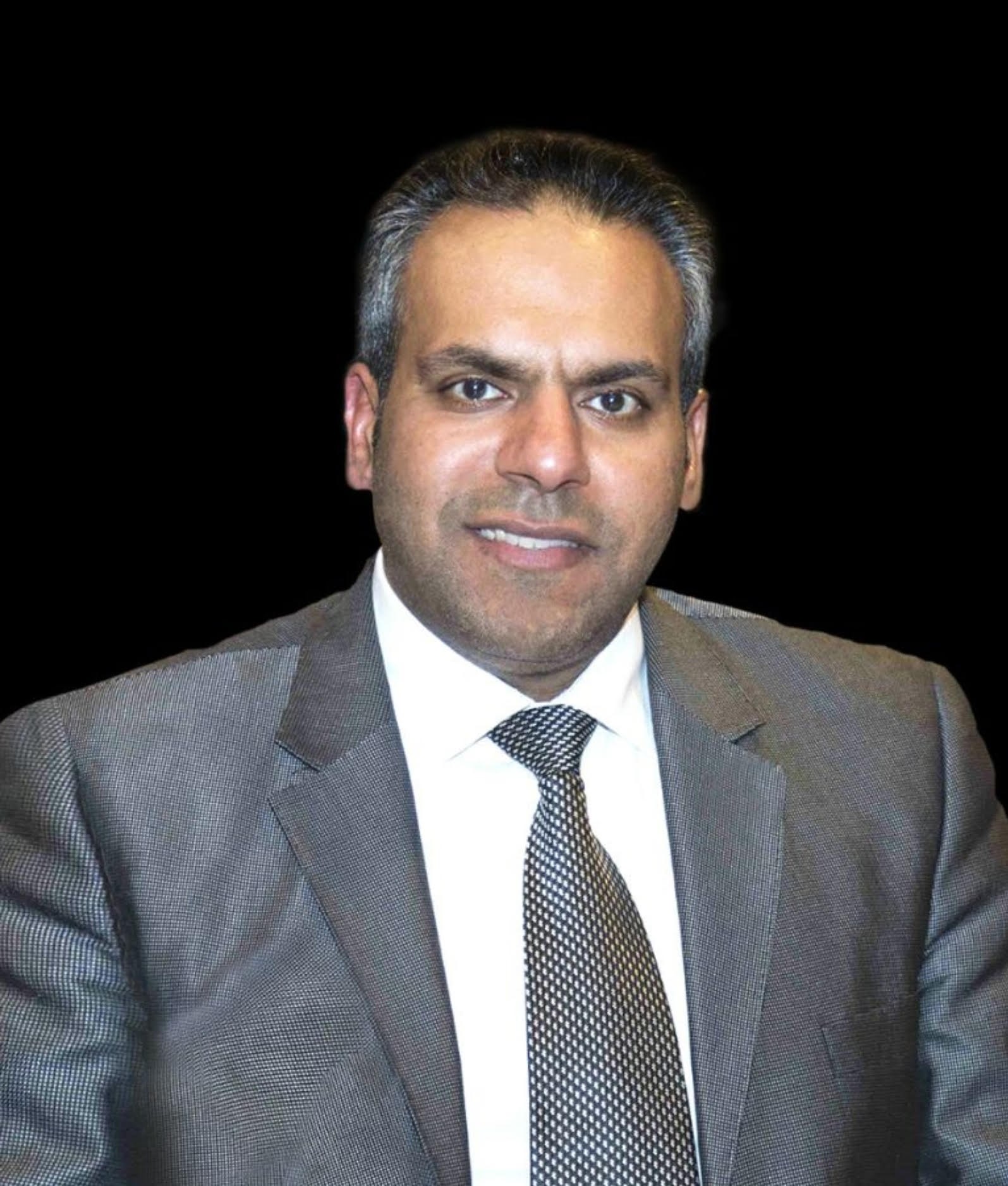© 2020 All rights reserved to Maaal Newspaper
Publisher: Maaal International Media Company
License: 465734
“Credit Suisse” CEO: We support SNB investment..Kingdom achieves one of strongest growth
Speaking about a plan to radically restructure the bank with Saudi support through the acquisition of shares by the Saudi National Bank (SNB), Ulrich Körner, CEO of Credit Suisse, confirmed that the Middle East and the Kingdom in particular are among the strongest growing regions around the world. He added to CNBC that Saudi funding for a large stake in the Credit Suisse First Boston unit gains his support for the Saudi contribution, stressing that they – that is, the Saudis – have many shareholders around the world.
In the same context, the CEO of Credit Suisse indicated their commitment to the United States. He stressed, “The bank will be more stable and profitable in a sustainable manner, as well as much simpler in how to deal with it.”
“For us, one of the most important things was how did we come to this solution. We actually started with the client’s needs, tailored everything to the client’s needs, and ended up with what we propose today.”
He revealed several measures, including: First: a radical restructuring of the investment bank, Second, a significant cost reduction; Third, a further strengthening of the capital base.
Emphasizing that by doing so, they have all the necessary factors to achieve their goals. Körner said in his answer to CNBC about the planned amount of funding, which is to raise 4 billion dollars at a time when the market estimates requirements of 5-9 billion dollars, considering that this value is low in comparison, and why does he think it is sufficient? !”
* “We have done these calculations with interest,” Körner said. “We are looking to generate capital by raising funds, making investments, and also the capital advisory business looks very attractive.”
* In response to a question regarding the separation of his investment bank and the establishment of the “Credit Suisse First Boston” unit, he said in this aspect we focused on two points close to each other, and this is what is called “Credit Suisse”.
With regard to the second point, he clarified that “Credit Suisse First Boston” related to capital market advisory works, which are attractive business not only at the level of clients, and touched upon plans to revive this brand.
On the other hand, shares of Swiss bank Credit Suisse fell 18% last Thursday after the Swiss bank posted a quarterly loss that was much worse than analysts’ estimates, and announced a massive strategic overhaul.
The bank recorded a net loss in the third quarter of 4.034 billion Swiss francs ($4.09 billion), compared to analysts’ expectations of a loss of 567.93 million Swiss francs. The figure was also well below the 434 million Swiss franc profit recorded in the same quarter last year.
Under pressure from investors, the bank unveiled an overhaul of its business in an attempt to address the underperformance. Speaking to CNBC, Körner, the new CEO of the bank, said that these steps marked the beginning of “the transformation into a new Credit Suisse.”
As part of the expected strategic transformation, the bank pledged a “radical restructuring” of its investment bank to significantly reduce its exposure to risky assets, and aims to reduce costs by 15% or 2.5 billion Swiss francs by 2025. While the bank expects to bear the cost of restructuring worth 2.9 billion Swiss francs by the end of 2024.
The transformation plan sought by Credit Suisse will see the division of its investment bank into an independent company called Credit Suisse First Boston, raising 4 billion Swiss francs of capital through the issuance of new shares and offering rights, and the establishment of a capital release unit to end non-strategic business. low return. Among the potential capital increase of 4 billion Swiss francs, the Swiss bank revealed that it will receive 1.5 billion Swiss francs from the National Bank of Saudi Arabia in return for a contribution of 9.9%.
Körner took over the helm of the bank in July after his predecessor, Thomas Gottstein, resigned, after the bank posted a second-quarter net loss of 1.593 billion Swiss francs, well below analysts’ expectations. He said Thursday’s strategic reform represented a “very critical program of work.” Including a radical restructuring of the investment bank, a significant cost reduction, and an additional strengthening of the capital base, pointing out that they currently have all the necessary requirements to reach their goals.
Over the past year, Credit Suisse has struggled with sluggish investment banking returns, losses from its Russia withdrawal, and litigation costs related to a host of longstanding compliance and risk management failures, most notably the Archegos scandal. It is a US-based hedge fund, which collapsed after taking on a lot of risks.
The scale of the third-quarter loss was indicative of the stress that Credit Suisse was experiencing in its core business, said Vitalin Yetterian, vice president at credit rating agency DBRS Morningstar. Total revenue in 2022 was lower than operating costs and well below its peers in core investment banking and wealth management.
Related







